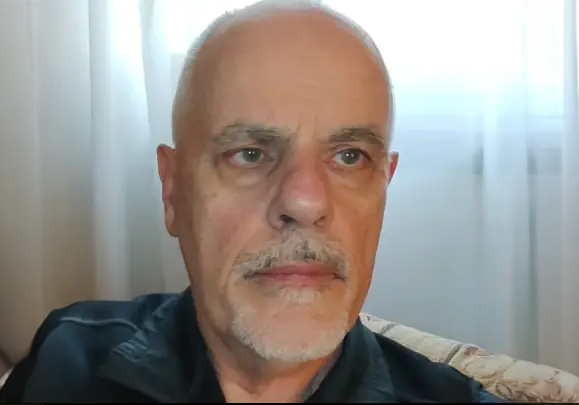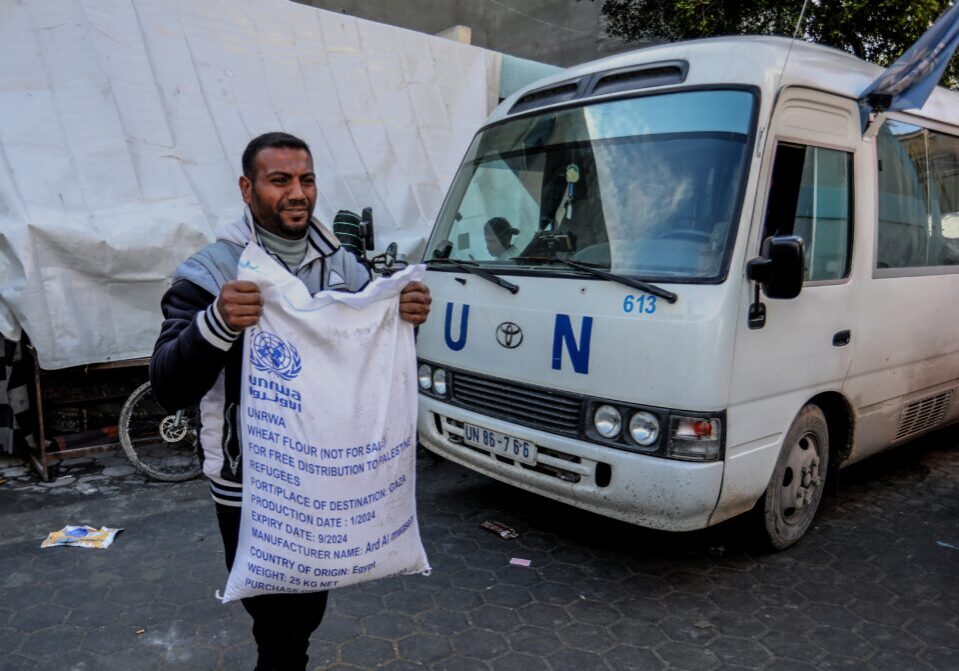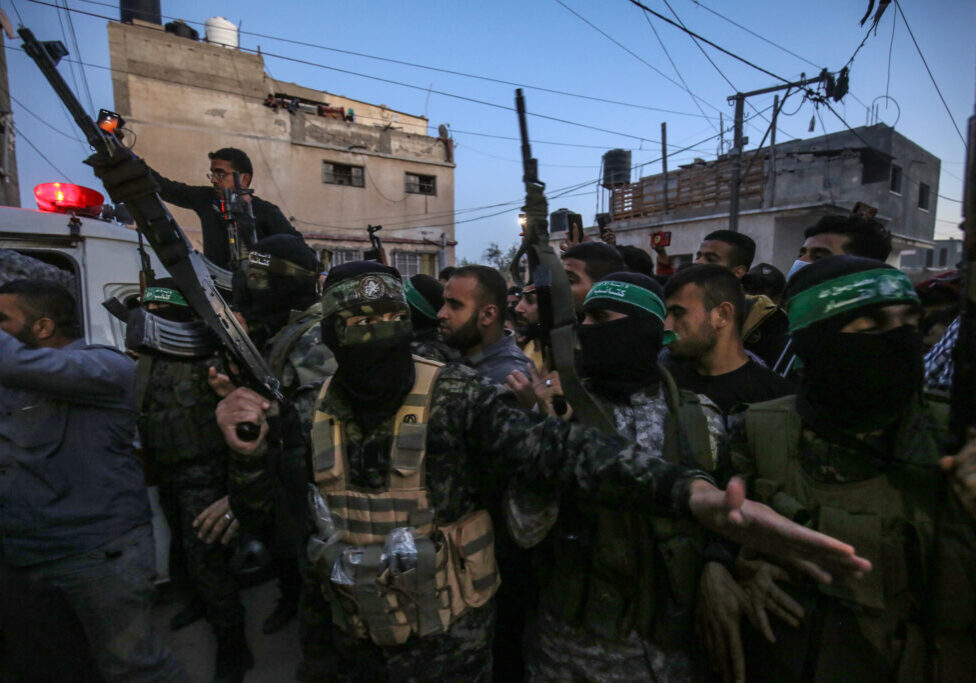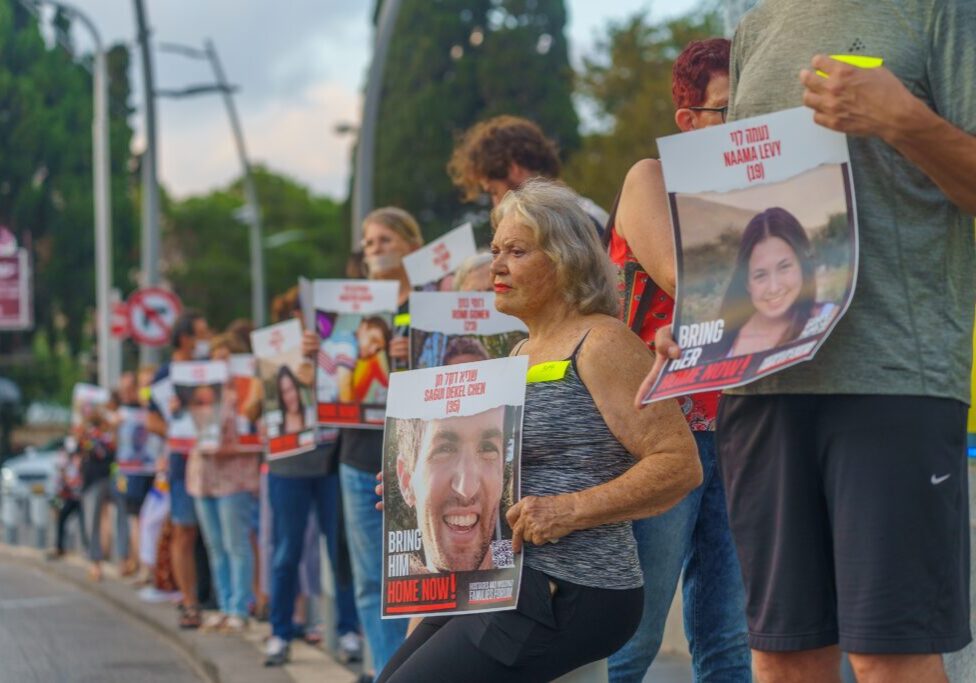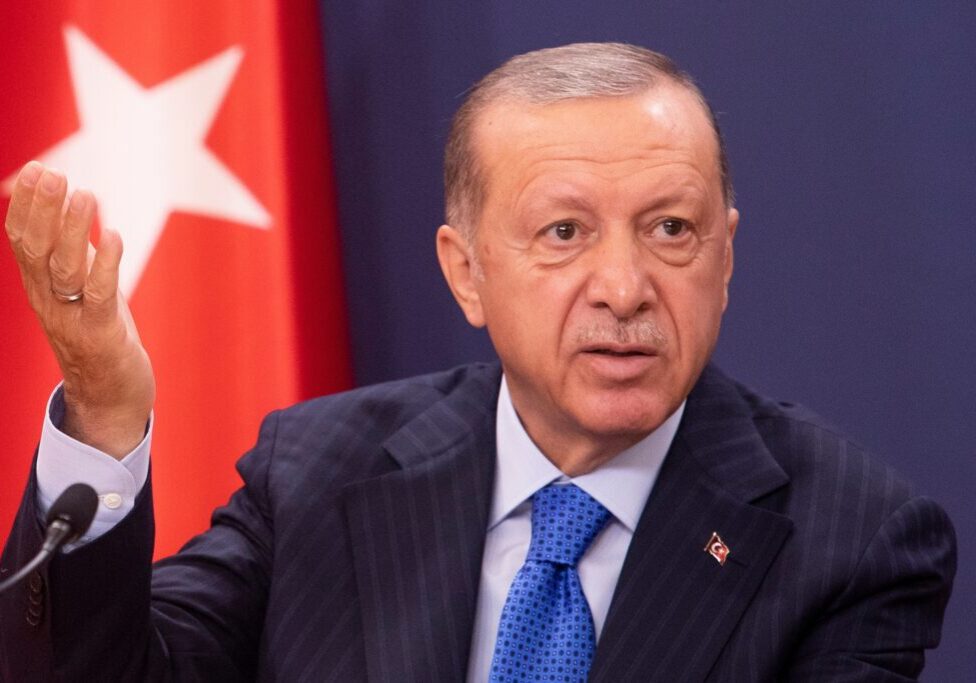Australia/Israel Review
Behind the News- July 2016
Jul 1, 2016 |
ROCKET AND TERROR REPORT
Four Israelis were killed and seven wounded when two terrorists from the West Bank town of Yatta opened fire at the Sarona Market in Tel Aviv on June 8. The terrorists were apprehended, with one wounded and treated in an Israeli hospital. Hamas claimed the attackers as members.
While there were a few attacks involving shootings, stabbings, firebombs and vehicles, things have otherwise been quieter in the past month. The overall downturn in attacks can be partly attributed to increased cooperation with Palestinian security services, who have increased their operations in the West Bank.
A Salafist-jihadi organisation operating in the Gaza Strip calling itself Ajnad Bayt al-Maqdis claimed responsibility for rockets fired on May 25 and 27, which caused no damage.
ISRAEL GETS GAZA TUNNEL INTEL
Israel has reportedly received an abundance of strategic information about Hamas’ tunnel building operation, thanks to the June 14 defection of senior Hamas member Bassam Mahmoud Baraka with his family, as well as the arrest of a 17-year-old Gazan tunnel worker in May.
To combat the growing tunnel threat, Israel says it plans to build a concrete wall extending tens of metres underground around Gaza. The wall would cost NIS 2.2 billion (approx. A$760 million).
Meanwhile a Gaza meeting about coordinating weapons smuggling reportedly took place on June 12 between top ISIS Sinai commander Shadi al-Menii and Hamas officials. This is just the latest in a series of reports of ISIS and Hamas cooperation in the Sinai.
HEZBOLLAH RAMPS UP PRESENCE IN SYRIA
Terror group Hezbollah reportedly transferred hundreds of fighters into Syria in mid-June to reinforce key battlefronts. Lebanon-based website “Lebanon 24” claims the militants could number over a thousand, most of them elite fighters.
The militants could be heading for the city of Deir el-Zor, which has been under siege by ISIS since May 2015.
Since 2012, Hezbollah has lost more personnel in Syria than in all its conflicts with Israel combined. A recent high-profile casualty was senior commander Mustafa Badreddine, killed on May 13. Hezbollah leader Hassan Nasrallah has now placed responsibility squarely on Sunni groups, unusually making it clear the group does not suspect Israel.
Meanwhile, in early June, Michael Braun, the former head of the US Drug Enforcement Agency, testified before a US Congressional committee that Hezbollah, to help finance its terrorist operations, is “moving [multiple] tons of cocaine” from South America to Europe and has developed “the most sophisticated money laundering scheme or schemes that we have ever witnessed.”
IRGC’s GROWING ROLE IN IRAQ
Iraq’s Foreign Minister Ibrahim Jafari confirmed on June 6 that Qassem Soleimani, the head of Iran’s Quds Force, is now an official adviser to Iraq’s government. The Quds force is a special unit of Iran’s Revolutionary Guard Corps (IRGC), responsible for operations outside Iran. He is also in charge of organising the Shi’ite militias that have taken a lead role in fighting ISIS in Iraq, but have also reportedly been brutalising and at times massacring the minority Sunni population.
According to the Wall Street Journal, the most prominent commander of these militias, known as the Popular Mobilisation Forces, is Jamal Jaafar Ibrahimi, or Abu Mahdi al-Mohandes, an Iranian-trained jihadi listed by the US as a terrorist for crimes including bomb attacks on the US and French Embassies in Kuwait in the 1980s. Ibrahimi is now regarded as Soleimani’s right hand man.
Meanwhile, Asharq al-Awsat reports that a Kurdish official has claimed that the IRGC began on May 7 to construct a missile base in an area of Iraq controlled by Iranian-backed Kurds.
IRAN MAKES DEAL WITH BOEING
On June 15, Iran announced that it had finalised a deal for Iran Air, its national airline, to buy 100 aircraft from US aerospace company Boeing. If successful, it will constitute the first major contract between Iran and an American corporation since the lifting of sanctions on Iran that accompanied the Joint Comprehensive Plan of Action, signed last year. Ali Abedzadeh, head of Iran’s Civil Aviation Organisation, said the agreement was contingent on approval and authorisation by the US Treasury.
INFO MISSING FROM IAEA REPORTS ON IRAN
On May 27, the International Atomic Energy Agency (IAEA) released its second report assessing Iran’s compliance with the Joint Comprehensive Plan of Action. The Institute for Science and International Security (ISIS), run by former senior IAEA inspector David Albright, has criticised this report for lacking technical details about eight critical implementation issues.
ISIS says that without this crucial technical data, it is impossible to independently assess whether Iran is properly complying with the agreement and urges the P5+1 governments to ensure that the IAEA swiftly releases this information to the public.
Meanwhile, the US Government has recently verified that uranium particles discovered last year at Iran’s Parchin military base likely confirm the site was used in Iran’s covert nuclear weapons program, despite long-standing denials from Teheran. However, Administration officials said the discovery hasn’t altered their assessment Teheran suspended bomb-making efforts in 2003.
TURKEY CONTINUES TO HARBOUR HAMAS
For the first time since the Flotilla incident of 2010, Israel-Turkey relations are reportedly close to being restored. Two major hurdles still remain however – Turkey’s insistence that Israel remove the blockade on Gaza’s seaport, and Israel’s demand that Turkey eject the Hamas operatives it continues to harbour. A Turkey-based cell, under the auspices of exiled Hamas military leader Saleh Arouri, claimed responsibility for the kidnapping and murder of three Israeli teens in June 2014, catalysing the 51-day war between Israel and Hamas. Arouri has since been deported, but was just one of many senior Hamas officials being harboured in Turkey, including Maher Ubeid (a financial operative), and terrorists Mahmoud Atton and Majed Hassan Ragheb Abu Qteish, both involved in the murder of 29-year old Israeli Nissim Toledano.
ISRAEL TO HEAD A UN COMMITTEE FOR THE FIRST TIME
For the first time since its admittance to the UN in 1949, Israel has been elected to chair one of the international body’s six permanent committees. Israel’s newly-minted UN Ambassador Danny Danon will head up the UN’s Legal Committee or “Sixth Committee,” the primary forum for consideration of legal questions. The Committee is also mandated to cover issues relating to global terrorism.
While it is fairly typical that results for such elections are known before the vote is cast, Israel’s nomination was outwardly opposed by Iran’s UN contingent and the UN’s Arab Group and Non-Aligned Movement, leading to a secret ballot in which 109 countries voted for Danon.
Reports however have surfaced from the London-based Qatari daily Al-Quds Al-Arabi that a number of Arab states actually supported Danon, with other reports indicating the US, Canada and Australia were instrumental in the vote.
AUSCHWITZ GUARD CONVICTED
On June 17, Reinhold Hanning, 94, a former guard at the Auschwitz death camp, was convicted by a court in Detmold, Germany, of being an accessory to the murder of more than 170,000 people. He was sentenced to five years in prison. Three additional elderly former Nazi guards are reportedly due to be tried in Germany in the coming few months.
Tags: Holocaust/ War Crimes

